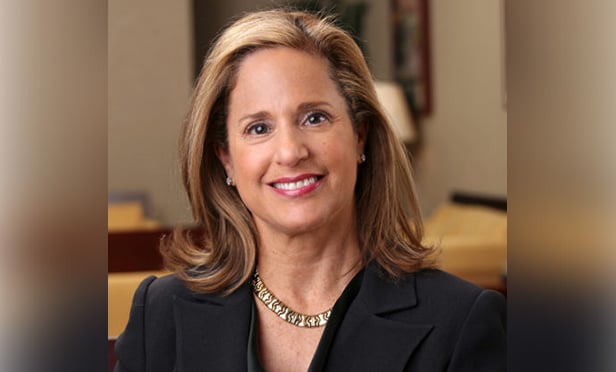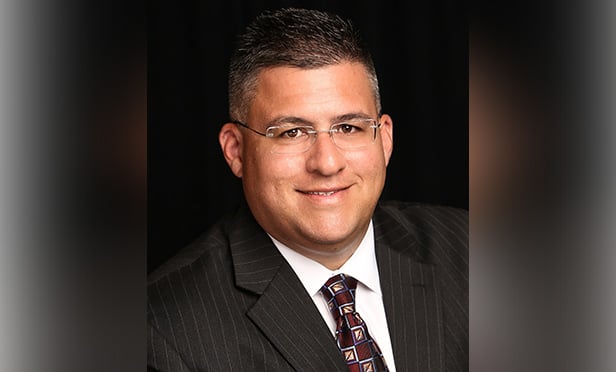The stock market may have partially recovered from its drop of more than 30% in recent days, but the problem of big losses in equities and uncertainty in the bond market, especially among corporates and munis, remains as the global economy suffers from a worsening pandemic.
To say that financial advisors are being challenged like never before is an understatement. Clients are nervous about the losses in their portfolios and about what’s to come, and portfolios are out of balance, primarily because of big declines in stock prices. Keeping clients invested and calm is key. “No financial planning software accounts for black swan events,” says Jane Newton, a financial advisor at RegentAtlantic.
Unless their clients were invested solely in Treasuries or money market market funds or were heavily short the stock market — which would be very unusual for advisor clients — their portfolios have suffered big declines of late. That’s a big concern for advisor clients nearing retirement or already retired.
With that in mind, ThinkAdvisor wanted to hear from advisors about how such clients are holding up based on how prepared they were for this blackest of black swans and what, if any, adjustments they’re making to those portfolios now.
Several key comments emerged from the handful of advisors we heard from:
- Cash on hand is a key factor now
- Rebalancing can wait
- Staying in touch with clients is key
Visit the slideshow gallery above to see what six financial professionals are saying now about how they’re handling the needs of pre-retirees and retirees.
— Related on ThinkAdvisor:







 March 27, 2020 at 04:09 PM
March 27, 2020 at 04:09 PM


















 Slideshow
Slideshow





